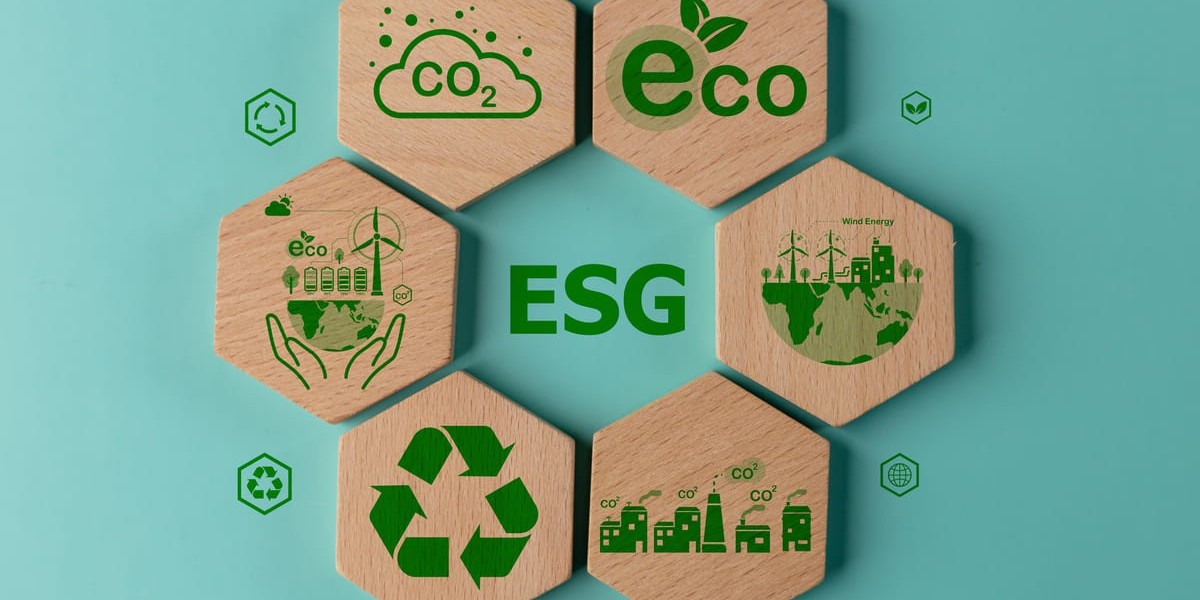The UAE has signalled a strong commitment to sustainability and responsible business through multiple initiatives. Business research notes that many firms in the region struggle with transparent ESG communication, standardised frameworks and the resources to implement robust practices.
Regulatory momentum is also building: for example, the Federal Decree‑Law No. 11 of 2024 mandates broader ESG disclosures (including greenhouse-gas inventories, climate-risk assessment and audit-ready data) from May 2025.
In this environment, ESG is not only about risk-mitigation—it is a differentiator, especially as the UAE markets compete globally and strive to attract sustainable capital.
Regulatory and Reporting Frameworks
Some of the key elements of the ESG regulatory landscape in the UAE include:
- Publicly listed companies on the Dubai Financial Market (DFM) and Abu Dhabi Securities Exchange (ADX) must comply with integrated reporting and sustainability disclosure guidelines.
- The Federal Decree-Law No. 11 of 2024 comes into effect on 30 May 2025 and applies to both public and large private firms (meeting e.g., emissions thresholds) including free-zone entities. It requires disclosures of Scope 1 & 2 emissions (and Scope 3 in certain sectors), alignment with frameworks like Global Reporting Initiative (GRI), Task Force on Climate‑related Financial Disclosures (TCFD) and Sustainability Accounting Standards Board (SASB).
- Although smaller businesses still face resource and capability challenges, this regulatory push means ESG is becoming an operational and strategic priority.
This regulatory context means companies in the UAE that proactively adopt structured ESG practices are likely to gain advantage—through investment, stakeholder trust and alignment with national sustainability objectives.
Leading ESG-Active Companies in the UAE
Here are a few companies that stand out for their ESG efforts:
First Abu Dhabi Bank (FAB) – Based in Abu Dhabi, FAB has been recognised as a regional leader in sustainable finance, having issued multiple green bonds and committed large-scale sustainable investment.
Majid Al Futtaim – Recognised by the Dubai Chamber of Commerce ESG Label among the 27 companies awarded for sustainable business practices in October 2024.
Emirates NBD – Also among the ESG Label recipients in Dubai; financial institutions such as this are integrating ESG into both their operations and financing activities.
These examples show how ESG isn’t limited to extractive or energy firms—finance, real estate, retail and services are all active sectors for ESG adoption in the UAE.
What ESG Leaders Are Doing
Typical initiatives of leading ESG-compliant firms in the UAE include:
- Environmental: Tracking and reducing greenhouse-gas emissions (Scopes 1, 2, 3), increasing energy efficiency and transitioning to renewable sources.
- Social: Focusing on workforce diversity and inclusion, community investment, safe work environments, local-supplier development and worker welfare.
- Governance: Transparent board oversight, risk management frameworks, anti-corruption measures, and ESG performance disclosure aligned with global standards.
Since the UAE regulatory environment emphasises auditing, data readiness and alignment with global frameworks, companies adopting robust systems today will be better-positioned.
Challenges and Path Forward
Despite momentum, companies operating in the UAE face several challenges:
- Standardisation and comparability: With multiple frameworks (GRI, TCFD, SASB, etc.), companies often struggle to choose, align and communicate their disclosures in a way investors understand.
- Resource constraints: Especially for SMEs, setting up ESG reporting systems, collecting five years of audit-ready data and implementing real-time dashboards is a significant investment.
- Stakeholder communication: Research suggests that many firms are weak at communicating their ESG efforts in a credible manner, which affects investor and broader stakeholder trust.
Nevertheless, the trajectory is positive. As regulation tightens and capital markets increasingly favour ESG-aligned firms, companies that embed ESG as a strategic pillar—not just a compliance exercise—are likely to gain competitive advantage in the UAE and beyond.
Conclusion
For businesses operating in or entering the UAE market, ESG is no longer a “nice-to-have”. It is an essential component of sustainability, competitiveness and stakeholder trust. With mandatory disclosure laws coming into effect, a growing number of UAE companies are stepping up with meaningful ESG strategies. The companies that lead will likely enjoy not only regulatory compliance, but stronger brand reputation, better access to capital, and alignment with the UAE’s national visions for sustainability.
For more information click here ESG companies in UAE.







